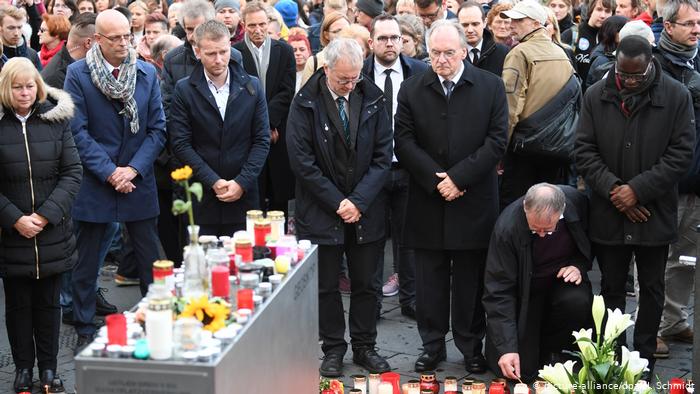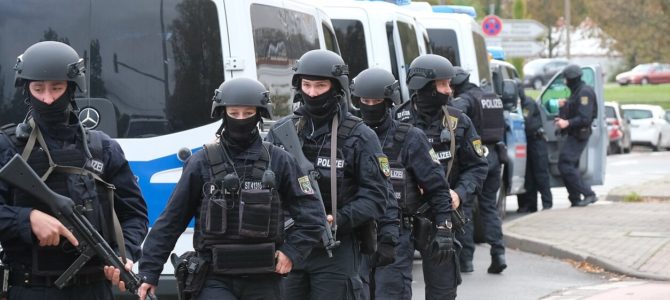European Commission coordinator for fighting anti-Semitism Katharina von Schnurbein reports many EU states need to increase security for Jewish institutions.
Following Wednesday’s attack in Halle in eastern Germany, the EC is calling on all member-states to insure protection for Jewish institutions and communities. In an interview with the Funke media group published on October 11, von Shnurbein said many countries need to pay more attention and improve their methods and attitudes regarding security. She said each country is responsible for providing security for its Jewish communities.
The Commission’s coordinator for anti-Semitism said this is a problem throughout Europe which needs solving and that EU member-states must also help finance security for synagogues.
Safety of Jews in the EU in 2018
In late 2018 EU member-states pledged to insure security for Jewish institutions. Von Shnurbein says this pledge needs to be continued to the end of 2020 and strategies for combating need to be drafted in every EU state. She said this should include a security concept and also preparing teachers to teach about Jewish matters and Jewish life. The European Union Agency for Fundamental Rights reports 38 percent of Jews living in Europe have considered leaving due to safety concerns in the last five years.
Twenty-seven-year-old German neo-Nazi Stephan Balliet attempted to enter the synagogue in Halle in Germany’s Saxony-Anhalt state Wednesday where over 80 people were marking Yom Kippur. Unable to force the door open, he shot a woman on the street outside using a home-made gun and then moved on to a kebab shop down the street where he threw home-made explosives at the owner outside, entered and shot customers.
Halle Jewish community (Jüdische Gemeinde Halle) chairman Max Privorozki said he watched the attacker outside using the video surveillance system in place at the synagogue. He said the man shot the door several times and threw what appeared to be Molotov cocktails or grenades at the building. The door held fast and the killer was unable to enter. The man then went to the kebab shop and then fled in his car, stopping in the middle of a street in a nearby town to engage German police with his home-made grenade launcher or shotgun. Besides his home-made weapons cache, police discovered a large quantity of explosives in Balliet’s car following his arrest. Two people were reported killed in his rampage and at least two more were wounded.



